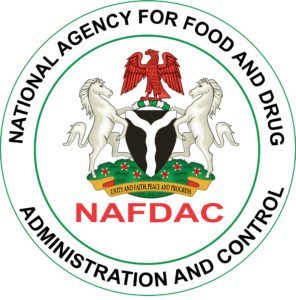FG makes mental health treatment, education more accessible in South-East
The Federal Government, through the Federal Neuropsychiatric Hospital, Enugu, has concluded plans to make treatment and education on mental health more accessible to rural residents in the South-East.
The Medical Director of the hospital, Prof. Monday Igwe, disclosed this on Thursday.
Igwe said that the new paradigm shift in mental health treatment and education would be delivered through the ongoing robust advocacy and sensitisation at 15 rural mental healthcare centres (outposts) in the South-East.
He explained that the Federal Government, through the hospital, would activate one outpost in each of the 15 senatorial zones in the South-East to improve access to mental healthcare for rural people.
According to him, the mental healthcare centres will be of tremendous benefits, as it will help increase access to care and wellbeing of mental health challenged persons.
“There will be improved access to mental, neurological, and drug use care for communities as they depend heavily on community mental health services.
“The proximity of the services to the people also reduces the potential barrier posed by the additional expense of transportation.
“The mental health centres being in the communities and community members working within it and getting involved in treating their own people would lower stigma and discrimination while increasing acceptability after treatment.”
The Medical Director noted that the hospital planned to initiate robust advocacy and sensitisation at the rural and community levels against drug/substance abuse and empathy for mental challenged persons, especially among the youth population.
He said that the hospital had concluded arrangements to have regular media programmes to educate people against drug/substance abuse, not only waiting until World Drug Day, adding that this would depend on partnership with the media services like TV or Radio stations.
“Regular physical visits to vulnerable groups in secondary and primary schools to educate the pupils and students as well as to tertiary institutions where people are addressed in groups on dangers and consequences of drug/substance addiction.
“The hospital will be going on visits to correctional centres and partnering with churches and prayer ministries to educate their members on drug/substance abuse.
“We will partner with other agencies to organise educational activities for their staff and clients. Agencies like the Federal Road Safety Corp, Police, transport businessmen (riders/drivers and the vehicle owners),” he said.
Igwe said that the hospital would be reaching out to operators and patronisers of gambling and gaming centres to enlighten them on dangers of drug abuse and its overwhelming consequences.
“Once in a while, we will be inviting parents to the hospital to be part of our educational programmes on drug abuse,” he added.




